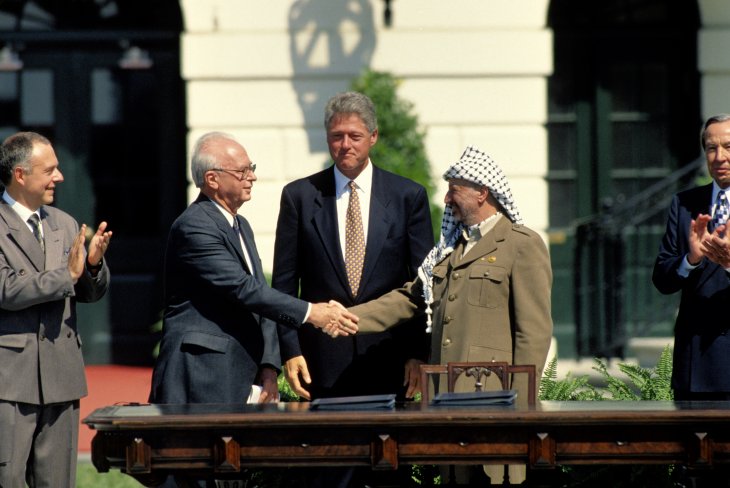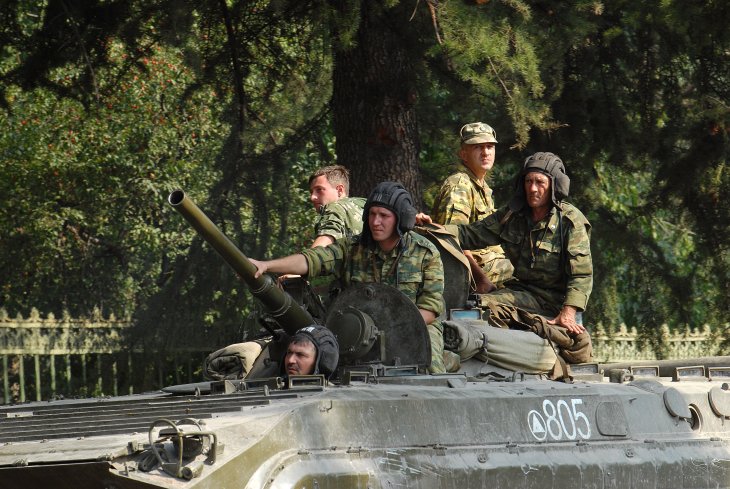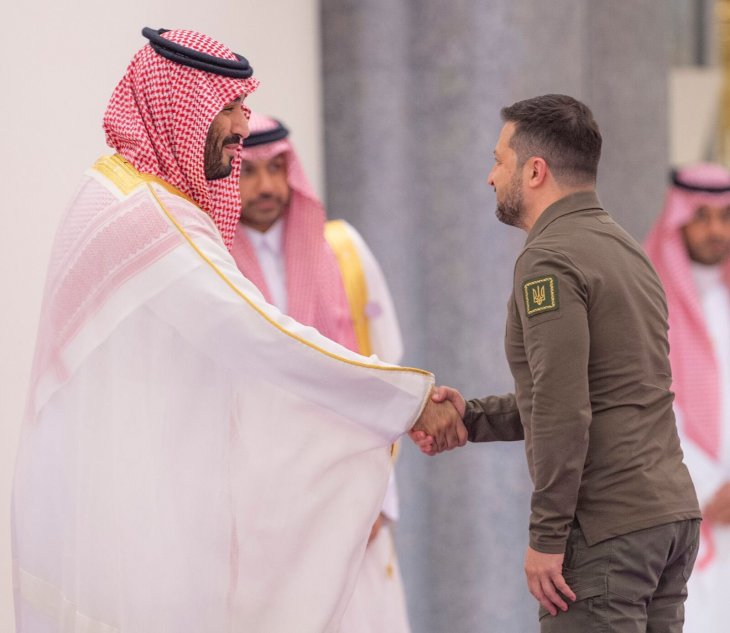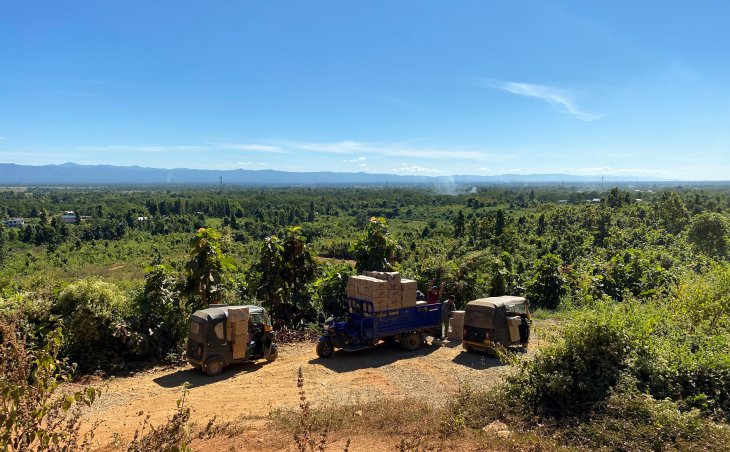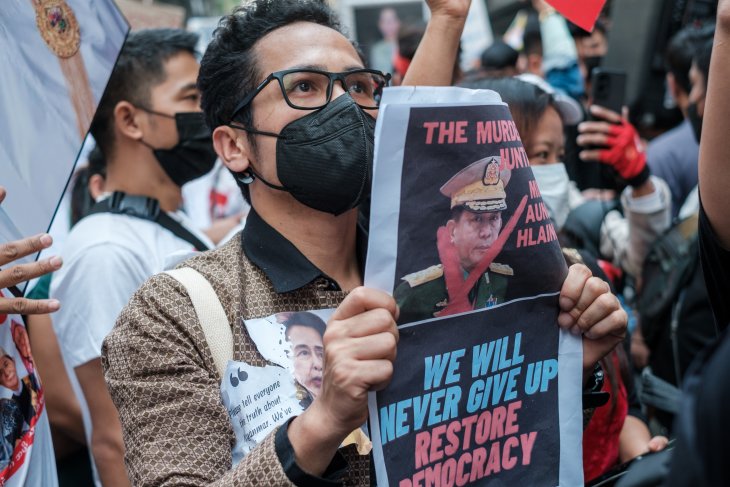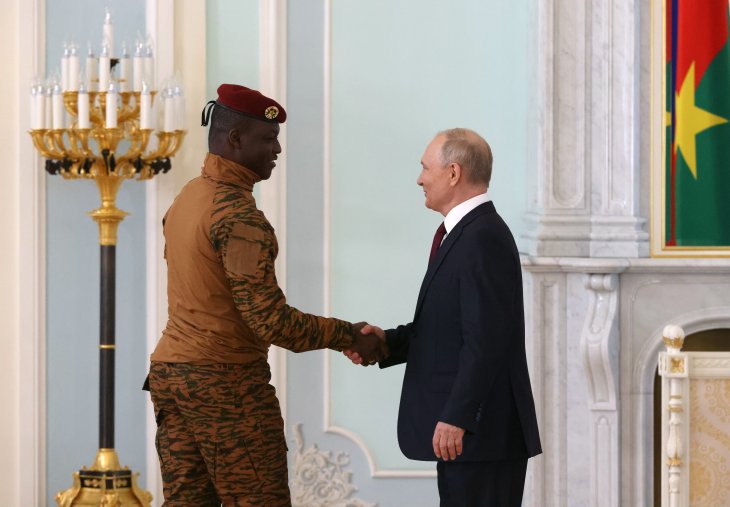For the past few months Israel has experienced mass demonstrations both for and against the attempted judicial “reforms” by the current right-wing government.
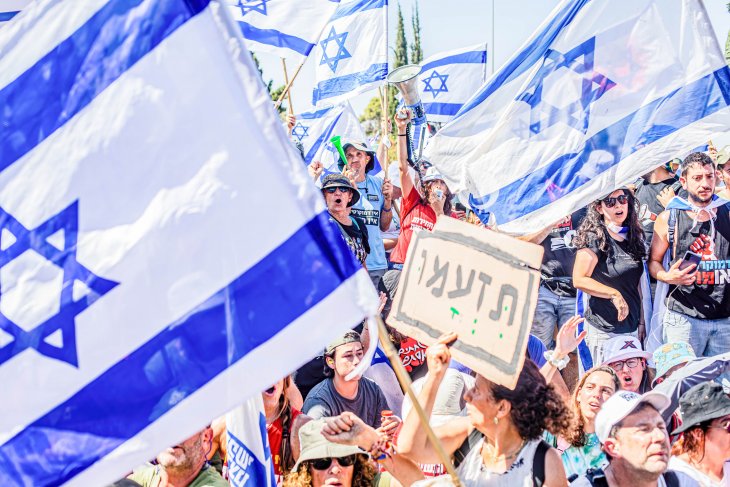
A striking visual theme of the protests have been the ubiquity of the Israeli flag. Photo from Jerusalem in July: Eyal Warshavsky/SOPA Images/LightRocket via Getty Images
A striking visual theme of these protests have been the ubiquity of the Israeli flag. The use of national symbols like the Israeli flag is nothing unusual for Israel’s right-wing movements, indeed it has long been associated with the nationalist right-wing manifestations like the flag march through Jerusalem’s Palestinian parts.
